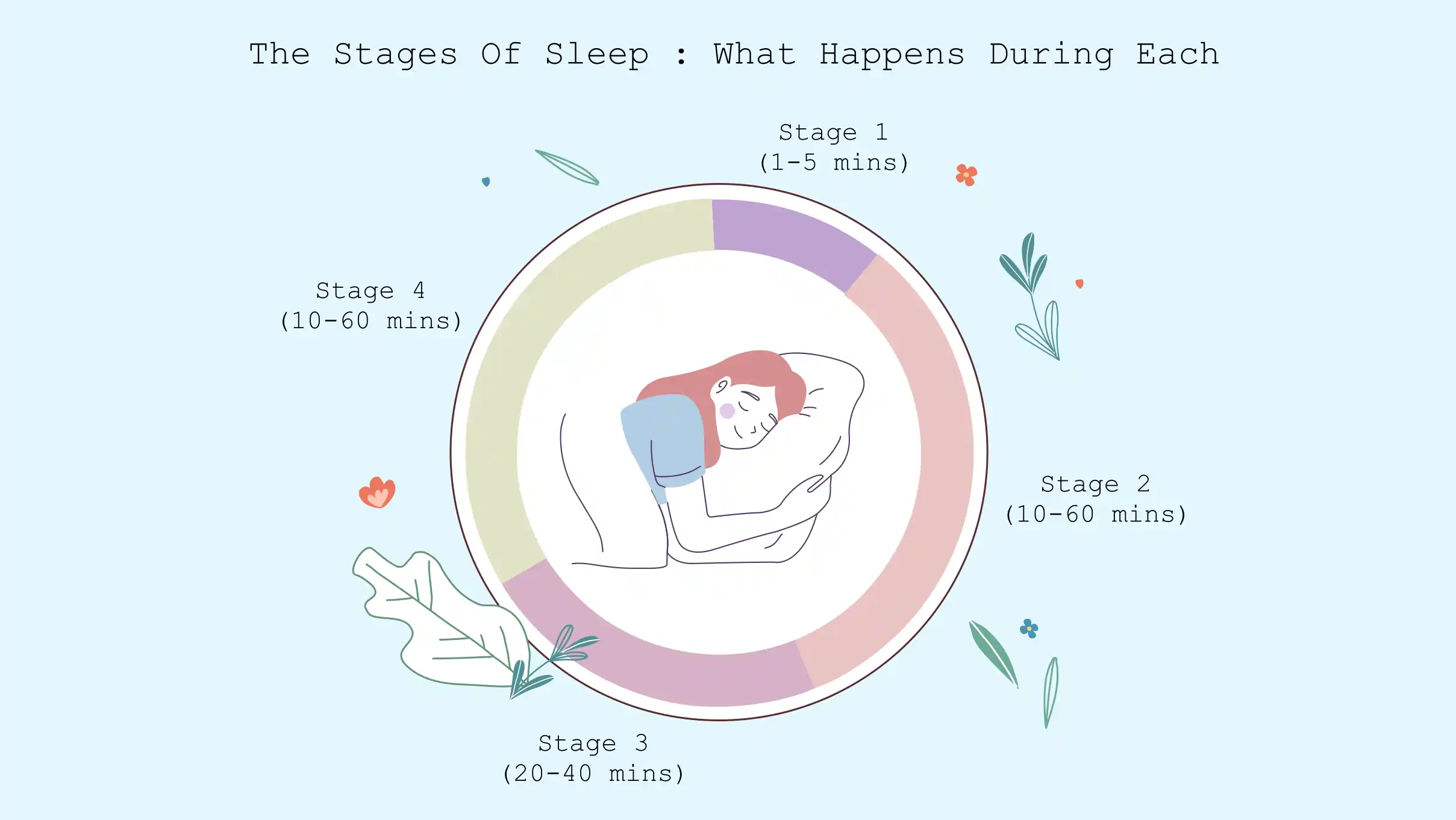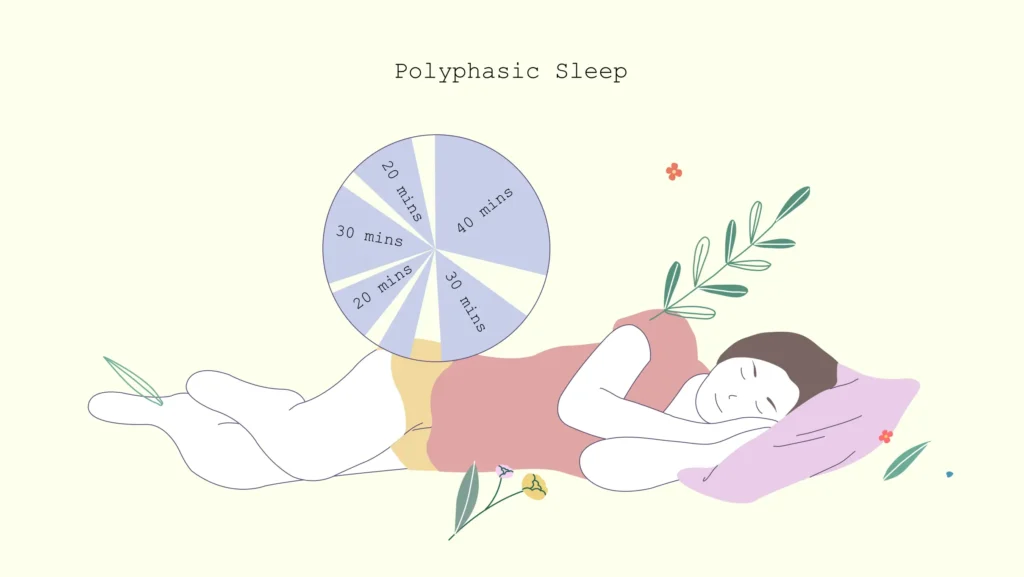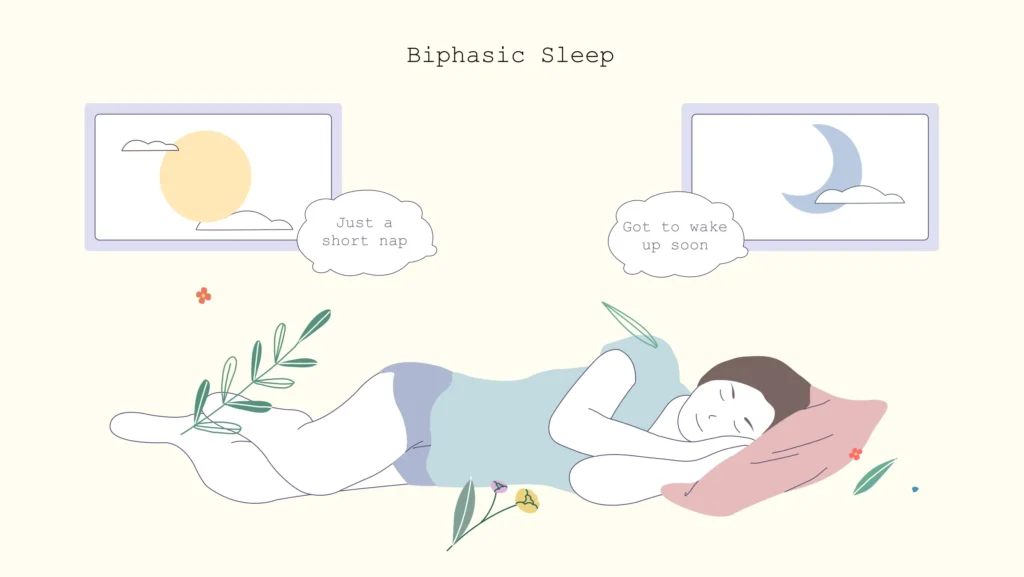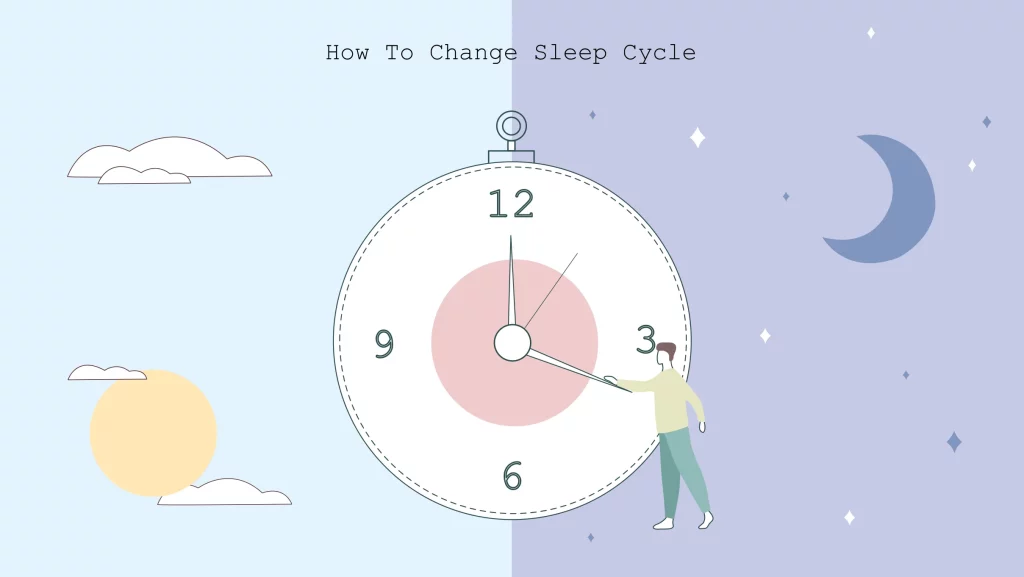The Stages of Sleep: What Happens During Each
Written by


Did you know? Sleep can be divided into four stages. Each stage is unique and helps take care of your brain’s cognitive performance. Some sleep stages also help with physical healing and help you with the boost of energy. The four sleep cycles get repeated several times throughout the night. But with every REM sleep cycle, the depth and duration of sleep increase. Let’s unpack more on the stages of sleep today. Read ahead.
What Is the Sleep Cycle?
A sleep cycle is a process that occurs when you fall asleep. So, sleep is not just important to offer you a good night’s rest. But, during your sleep cycle, your body performs several important tasks, such as repairing and removing toxins. So, what are the stages of sleep? And as aforementioned, there are four stages of sleep. And each sleep cycle stage lasts approximately 90 minutes.
Stages of sleep
Let’s dig deeper into all four stages of sleep and see what exactly occurs in each one of them.
| Sleep Stages | Type of Sleep | Normal Length |
|---|---|---|
| Stage 1 | NREM | 1-5 minutes |
| Stage 2 | NREM | 10-60 minutes |
| Stage 3 | NREM | 20-40 minutes |
| Stage 4 | REM | 10-60 minutes |
Stage 1
The first stage is where the shift from wakefulness to sleep takes place. This is when you are aware of the atmosphere around you but have also started transitioning towards sleepiness. During this stage, your body completely relaxes. Have you ever noticed the twitch or the jerks that occur as you hit the sheets? Well, that’s stage one, and they are known as hypnic jerks.
In stage 1, your brain takes it easy and slows down along with the heartbeats, eye movements, and breathing. This sleep stage lasts 1 to 5 minutes, where your brain is moderately active and produces high amplitude theta waves, which occur in the frontal lobe.
Stage 2
Stage 2 lasts between 10 to 60 minutes. During this stage, you have almost transitioned to complete sleep. But you are still slightly aware of your surroundings. Here, your body temperature drops, and your eye movements stop. Your breathing and heartbeat also become regular in this stage.
In stage 2, your brain starts producing sleep spindles, a rapid and rhythmic brain wave. Sleep spindles play a vital role in memory consolidation, learning, and sensory processing. As stage 2 is coming to an end, your body starts its preparation for stage three.
Stage 3
During stage 3, your brain produces delta waves; this stage is called delta sleep. This is when you are deep asleep, where no noise or activity will wake you up. Getting ample stage 3 sleep will help you wake up refreshed and energetic.
In stage 3, the muscles of your body are fully relaxed, your breathing is slow and your blood pressure drops. From here, you move on to deep, sound sleep. Here, your body begins any physical repairs that need to be done and declarative memories are consolidated.
Stage 4
Stage 4 is when sweet dreams take over your mind. During this stage, your brain’s activity is almost similar to that of waking hours. However, your body is temporarily immobilised, which is good as it prevents you from acting out the dreams. Stage 4 occurs approximately 90 minutes after you enter a slumber. Since you dream during this period, your brain remains active. Your breathing also becomes faster and irregular, with continuous eye movement.
Again, memory consolidation occurs here and all the emotional memories are processed and stored in stage 4.
What Can Interrupt Your Sleep Cycle
When you cannot achieve deep slumber or find it difficult to fall asleep, your sleep cycle gets adversely affected. And this is known as interrupted sleep. During interrupted sleep, you wake up when a particular sleep stage is active. This cuts the sleep cycle short, and you may repeat the process even before completing all four sleep stages. Some of the most common reasons for interrupted sleep include;
- Older age: As you grow older, your sleep becomes weaker, and you get woken up easily.
- Nocturia: This is a condition where the person wakes up several times during the night to urinate.
- Sleep disorders: Sleep disorders, such as obstructive sleep apnea and restless leg syndrome, can be the reason for interrupted sleep.
- Pain: Some conditions, like fibromyalgia, make it difficult to enjoy a deep slumber due to intense pain.
- Mood disorders: Some mood disorders, such as depression, can prevent you from achieving a good night’s rest.
- Lifestyle habits: Certain lifestyle habits, such as alcohol consumption or smoking, can interrupt your sleep cycle.
How Do You Have a Healthier Sleep Cycle?
Some easy tips to help achieve a healthier sleep cycle are;
- Have a set sleep schedule.
- Enjoy 7-8 hours of sleep.
- Don’t go to bed hungry or too full as it can interfere with sleep.
- Create a comfortable environment. For instance, make sure the room temperature is ideal, the lights are turned off etc.
- Don’t indulge in daytime naps as it makes it difficult to fall asleep at night.
Conclusion
Now you know all about the four stages of sleep. Each stage is important for your overall well-being. Therefore, it is essential to achieve uninterrupted sleep throughout the night!
FAQs
How long is a sleep cycle?
A sleep cycle lasts between 90 to 110 minutes.
Do we sleep in 90-minute cycles?
Yes, we are asleep during the 90 minutes cycle.
Which sleep stages are important?
While all four stages of sleep are important, stage 3, which is the ‘deep sleep’ stage, is the most important as it gives you all the rest you need and keeps you healthy.
What happens if you wake up during REM sleep?
When you wake up during REM sleep, it disrupts the flow of memory consolidation.
What is circadian rhythm?
Circadian rhythm is our internal clock that regulates sleep-wake cycles.
people like this article
Written by





